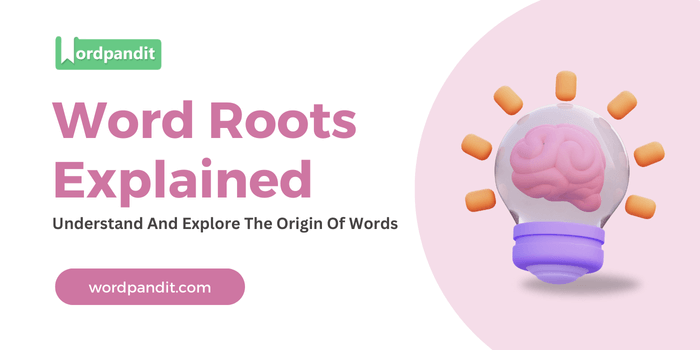Unveiling the Mysteries of the Alia Word Root
Words Based on the Alia Word Root
Commonly Used Words
- Paraphernalia: Personal articles reserved by law for married women; or equipment needed for a specific activity.
- Genitalia: External organs of reproduction.
- Regalia: Emblems or symbols signifying royal or noble status.
Archaic Words
- Novalia: Lands newly reclaimed for improvement or agriculture, particularly those not liable for tithes.
Technical Words/Jargon
- Alalia: Inability to speak or pronounce common words or language, used in medical terminology.
- Anencephalia: Absence of a significant part or all of the brain, a term used in medical fields.
- Carpalia: Collection of bones in the wrist, a term from anatomy.
Related Word Roots
Unraveling related roots offers deeper insights into linguistic structures:
- -Alia (Suffix): Denoting a collection or group of items, often used in scientific classifications.
- Propri-: Meaning “one’s own,” “individual,” this root gives us words like “proprietary” (owning or relating to ownership) and “propriety” (conformity to conventionally accepted standards of behaviour or morals).
- Possess-: Signifying “to have” or “to own,” leading to “possession” (the state of having, owning, or controlling something) and “possessive” (demanding someone’s total attention and love).

